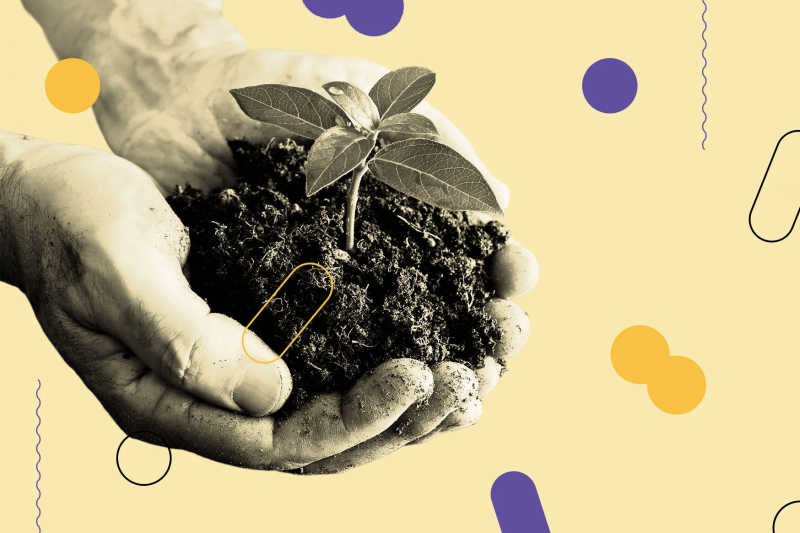A recent spate of crop biotech breakthroughs presage a New Green Revolution that will boost crop production, shrink agriculture’s environmental footprint, help us weather future climate change, and provide better nutrition for the world’s growing population.
The first Green Revolution was generated through the crop breeding successes pioneered by agronomist Norman Borlaug back in the 1960s. The high-yielding dwarf wheat varieties bred by Borlaug and his team more than doubled grain yields.
The good news is that in the last month, two teams of modern plant breeders have made breakthroughs that will dramatically cut the amount of nitrogen fertilizers crops need for grain production. In July, Chinese researchers reported the development of “supercharged” rice and wheat crops, which they achieved by doubling the expression of a regulatory gene that increases nitrogen uptake by four- to fivefold and enhances photosynthesis. In field trials, the yields of the modified rice were 40 to 70 percent higher than those of the conventional varieties. One upshot is that farmers can grow more food on less land using fewer costly inputs.
…
This new biotech-enabled Green Revolution promises a future in which more food from higher yields grown using less fertilizer means more farmland restored to nature, less water pollution, and reduced greenhouse gas emissions.































